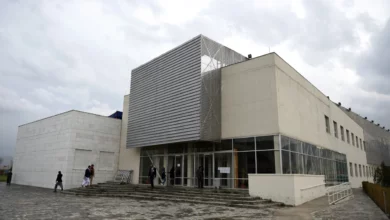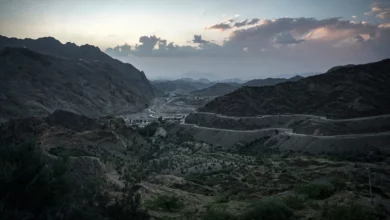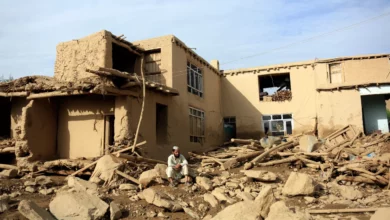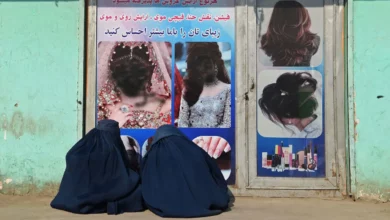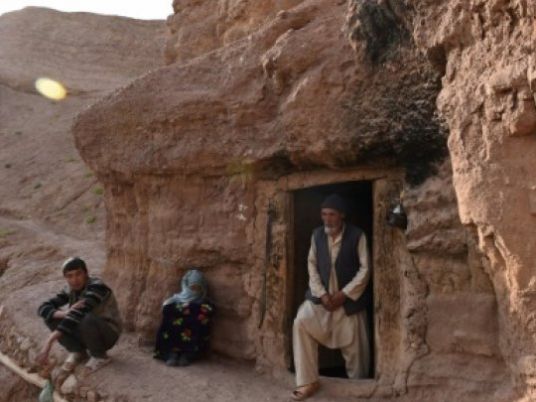
Thousands of members of Afghanistan's Hazara ethnic minority demonstrated on Wednesday against government inaction over the killing of seven members of their community by Islamist militants who dumped their partially beheaded bodies.
The mainly Shia Hazara have long faced persecution in Afghanistan, with thousands massacred by the Taliban and Al-Qaeda in the 1990s, but a series of murders and kidnappings this year has stoked a mood of growing despair.
The demonstration in a mainly Hazara area in the west of Kabul was peaceful but there was an angry mood in the crowd that was directed both at the Islamist militants blamed for the killings and the government that failed to prevent them.
"The only way to prevent such crimes in the future is to take over all government offices until they wake up and make a decision," said demonstrator Sayed Karim, 40, one of thousands who filled the whole of Mazari Square.
As well as adding to the daily toll of killings, the deaths of the seven Hazara, who included three women and two children, have heightened the risk that sectarian hatreds will further poison the climate in a country made up of different ethnicities.
Bearing the green-draped coffins of the dead and carrying banners with slogans like "The Taliban are committing crimes and the government is supporting them", the crowd began to make its way to the presidential palace in central Kabul.
President Ashraf Ghani has condemned the killings and promised an investigation but they have added to a mood of insecurity that has grown since the Taliban briefly seized control of the key northern city of Kunduz in late September.
The United Nations Special Representative Nicholas Haysom also issued a statement, saying the killings violated international law. "These senseless murders may amount to war crimes and the perpetrators must be held accountable," he said.
The killings in the southern province of Zabul occurred amid fighting between rival Taliban factions and Islamic State militants that has underlined the risk of further fragmentation, complicating any reopening of the peace process and creating the risk of more generalised anarchy.
Demonstrators said Hazara people were being killed every day on the dangerous roads between Ghazni, Bamyan and Wardak provinces to the west of Kabul, where the Taliban have control of much of the countryside.
In addition to the Taliban and Islamic State, many Hazara have directed their anger more broadly against the Pashtun, the largest ethic group from which the Islamist movements recruit most of their followers.
"We're from this country. We have to have the same rights as other citizens," said a demonstrator who gave her name only as Sohaila. "If the government doesn't give us the right of citizenship, we will leave this country to the Pashtuns and other groups."

